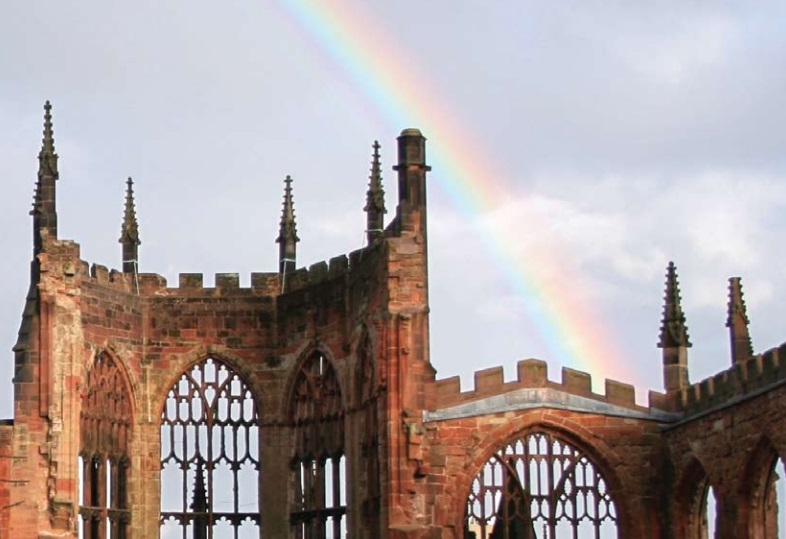A new report from the London School of Economics urges the Anglican Communion to use its global reach to combat the criminalization of homosexuality in 77 countries of the world, including 39 Commonwealth members. It suggests that an independent commission should be appointed to investigate
the criminalisation of same-sex intimacy between consenting adults and its relationship with the Anglican Communion with a view towards helping to secure decriminalisation
The Church Times summarizes the key findings of the report, which was based on interviews with 48 people across the global north and south.
Tracing the origins of criminalisation to British imperialism, and delineating the “significant influence” of Anglican Churches in more than half of the 77 countries in which “consensual same-sex intimacy” is a crime, they call on the Communion to build on a “growing movement” within it to end penal sanctions.
Under current laws,145 million and 40 million women are living as “unapprehended felons”, the authors estimate. Criminalisation “exacerbates HIV prevalence and mortality rates, legitimises mob violence and so-called corrective rape, and allows for a myriad of other forms of discrimination, in schools, workplaces, and all public spaces.” Such laws are “theocratic in nature, urged by churches, devised and maintained by religiosity . . . and supported by an ill-educated public”.
Published by the Institute of Public Affairs at the London School of Economics, the report, Anglicans and Sexuality: A way forward?, argues that “by its failure to condemn criminalisation and its consequences, some argue that the Anglican Communion is now complicit in these human rights violations.”
Indeed, one respondent, the Rev. Professor Andrew Linzey, is quoted in the report emailing,
The English archbishops are maintaining wholly untenable positions of opposing same-sex sexuality, yet tolerating it in practice, while also saying human rights abuses against gays are wrong, but in reality exerting no pressure to end those abuses.
There is potential in the church to help engineer change, the authors argue.
The preliminary research [this report] contains and the conclusions we have come to should be viewed as an opportunity to forge better understanding of the nature of criminalisation of samesex sexual conduct between consenting adults. Faith groups, and the Anglican Communion in particular, can utilise that understanding to bring about positive change. As Esther Mombo of the St Paul’s United Theological College of Kenya sees it: ‘The Communion should be known for offering a place where different people find space to meet God, rather than a space where people feel judged and condemned.’
Our research has concentrated on the Anglican Communion rather than any other denomination or faith group for the simple reason that the Anglican Church is seen to have significant influence in over the half the countries that still criminalise same-sex intimacy between consenting adults.
The report suggests that an independent commission should report within four years, in time for the 2020 Lambeth Conference.
Read the Church Times story here, and the full report here.
Featured image: Anglicans and Sexuality: A Way Forward? by Kevin Childs, Jane Harris and Alex Cisneros, for the London School of Economics Consulting and LSE Institute of Public Affairs

